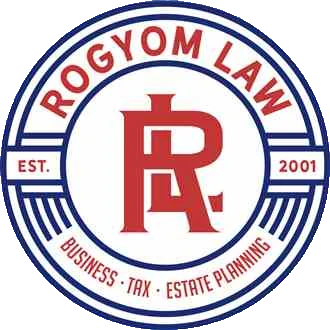Whether on purpose or by mistake, taxpayers sometimes find themselves years behind on filing their tax returns. Sometimes people are lucky and decide on their own to file past due tax returns and move on with their life. Others have the decision made for them when an IRS agent knocks on their door. Regardless, when you are significantly behind on your tax return filings, you should seek professional help to ensure you can minimize penalties and, hopefully, reduce the taxes you need to pay.
If you find yourself many years behind on filing your tax returns, you are not alone. However, do not take comfort because not filing tax returns is a criminal act. The IRS can prosecute non-filers when the taxpayer fits certain criteria. Further, if you have not filed an income tax return, then those unfiled tax years remain open for tax assessment until the tax return is filed. Therefore, the IRS can come after you for not filing a tax return decades after it was due. Locating a tax attorney to represent you with your unfiled tax returns is the first step both toward minimizing the taxes you need to pay and toward ensuring you are not one of the unlucky taxpayers the IRS criminally prosecutes.
Because this is potentially a criminal matter, a responsible accountant may direct you to a tax attorney. Even if the majority of the work you need will be the preparation of your tax returns, accountants do not have an equivalent to the attorney-client privilege, and, therefore, accountants cannot withhold incriminating information you may provide him. If you instead hire an attorney, the attorney may hire an accountant to prepare your returns, but, since requested by the attorney, the work of both the attorney and the subcontracted accountant could be protected as part of the lawyer’s “attorney work-product”.
If the IRS contacts you about your having failed to file a tax return, your first notice will likely be in the form of a letter requesting that you immediately file at least one of the returns due. If you do not comply with the request, the IRS will often use the information available to them through third-party reporting, W2’s and 1099’s, to prepare a return on your behalf. The IRS, however, will make no effort to ensure the various deductions and exemptions to which you are entitled are included. Therefore, your tax bill, penalties, and interest could be substantially higher than if you addressed the issue and sought the assistance of a tax professional.
The Internal Revenue Service provides procedures a taxpayer must follow to be eligible for the benefit of its voluntary disclosure policies, and a trained tax professional will be the best line of defense between you and the IRS.
Of course, do not forget the State of Maryland will also be notified if you file your federal return, but not your Maryland return. To be eligible to receive a refund from the state, you would also need to file the Maryland return. If money is owed to either the IRS or to the Maryland Comptroller, then an installment plan can be worked out based upon your ability to pay. A little-known fact is that, in addition to the tax settlement / offer in compromise option, you may be able to use bankruptcy to avoid paying the debt after certain criteria are met. Discharging taxes using bankruptcy depends upon the time of your filing, and the sooner you file the sooner bankruptcy becomes an option.
For further information on filing your past due tax returns, contact Jeff Rogyom at (410) 929-4578. Please review the Disclaimer page regarding use of this website and its information.

